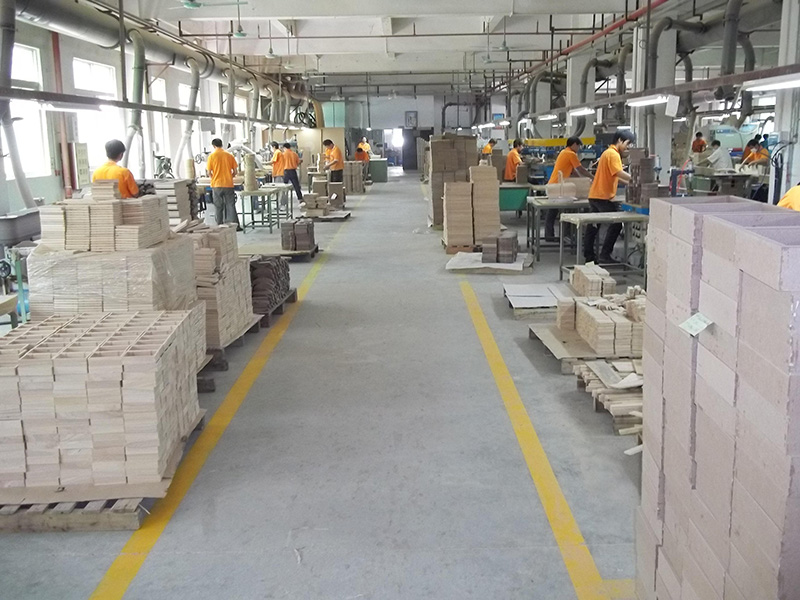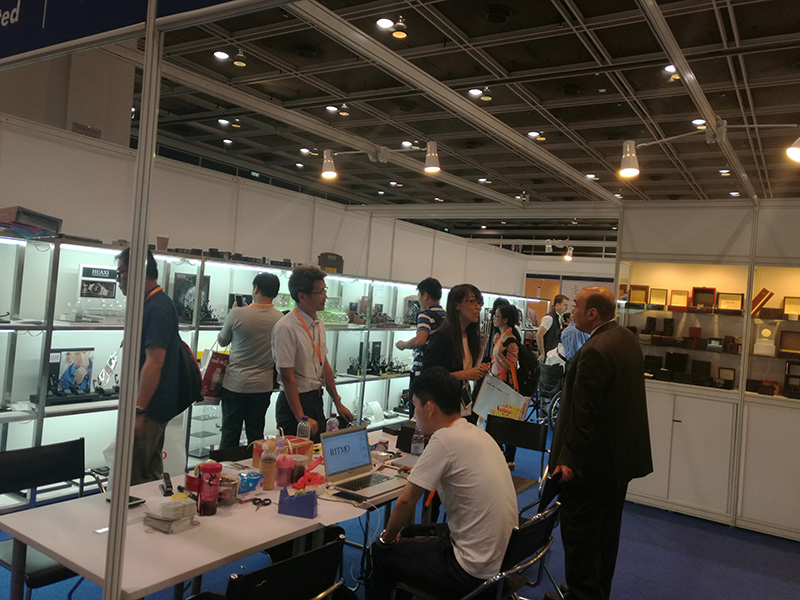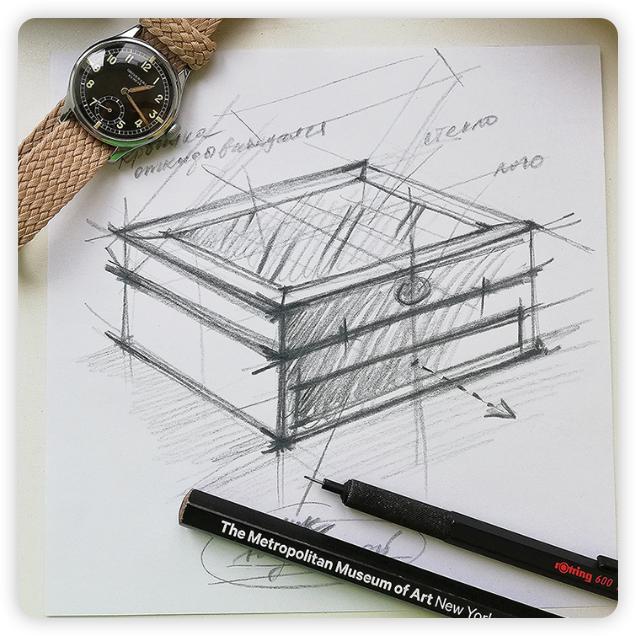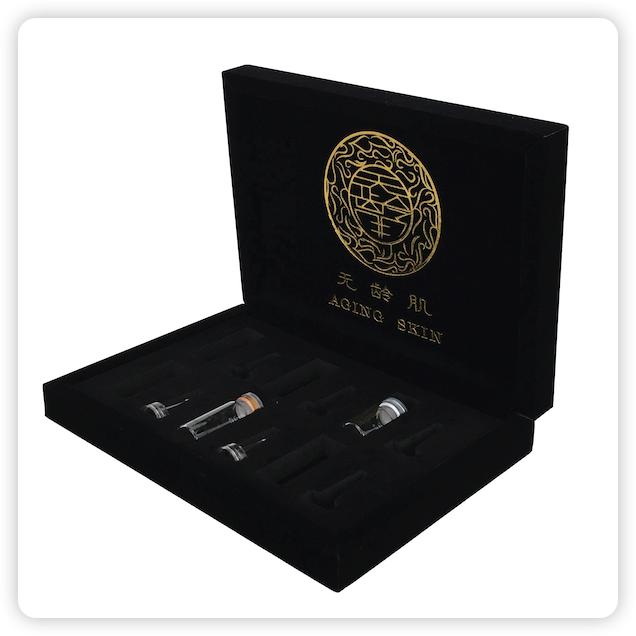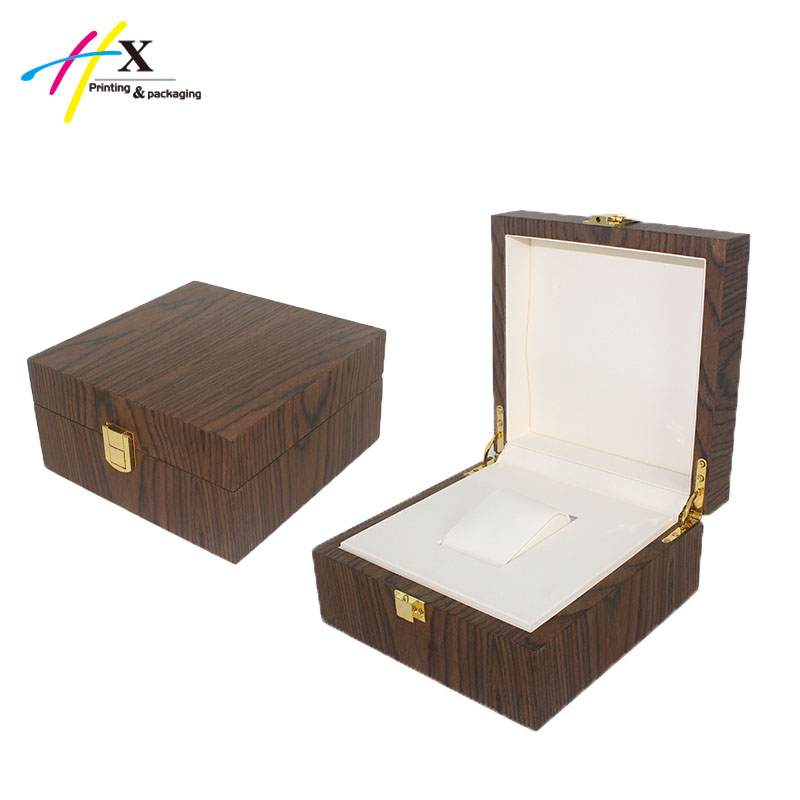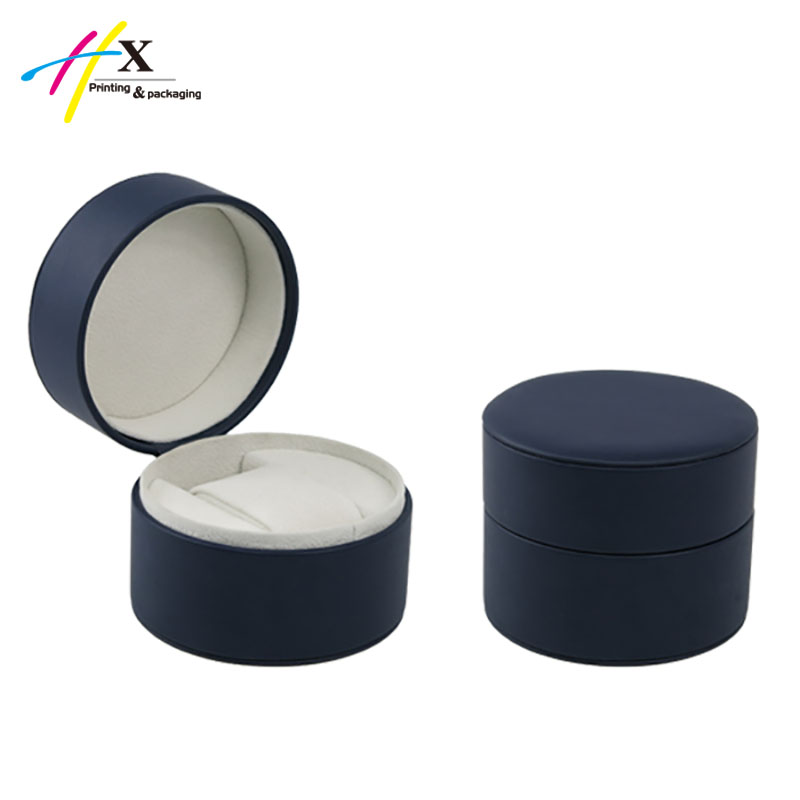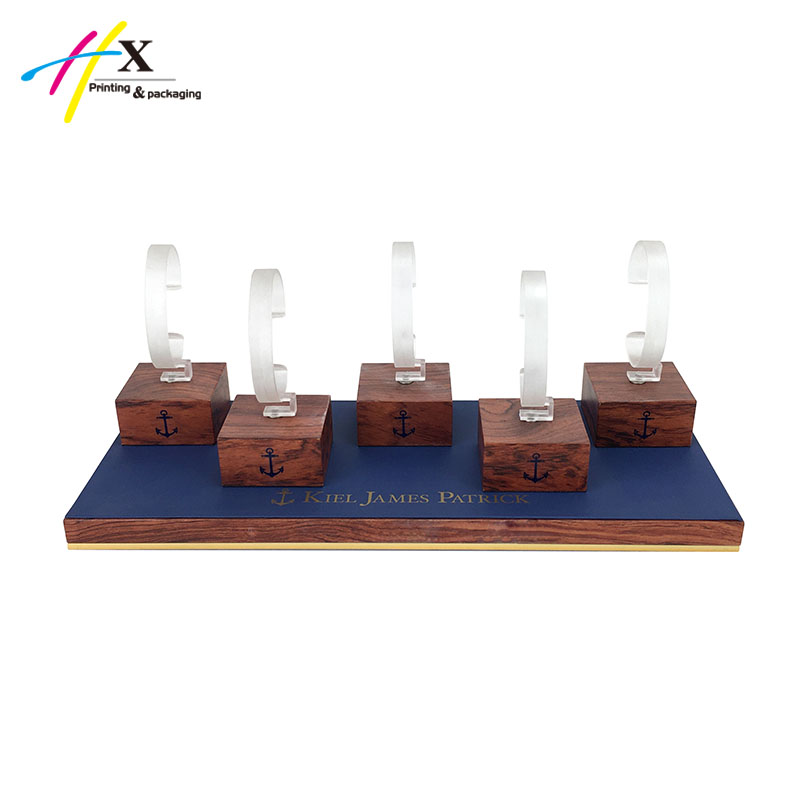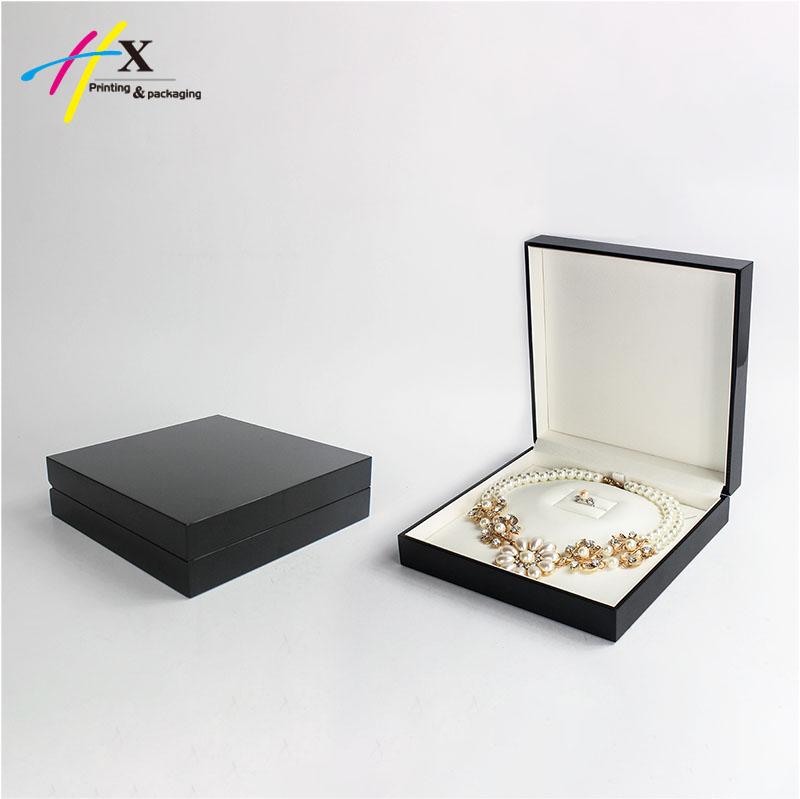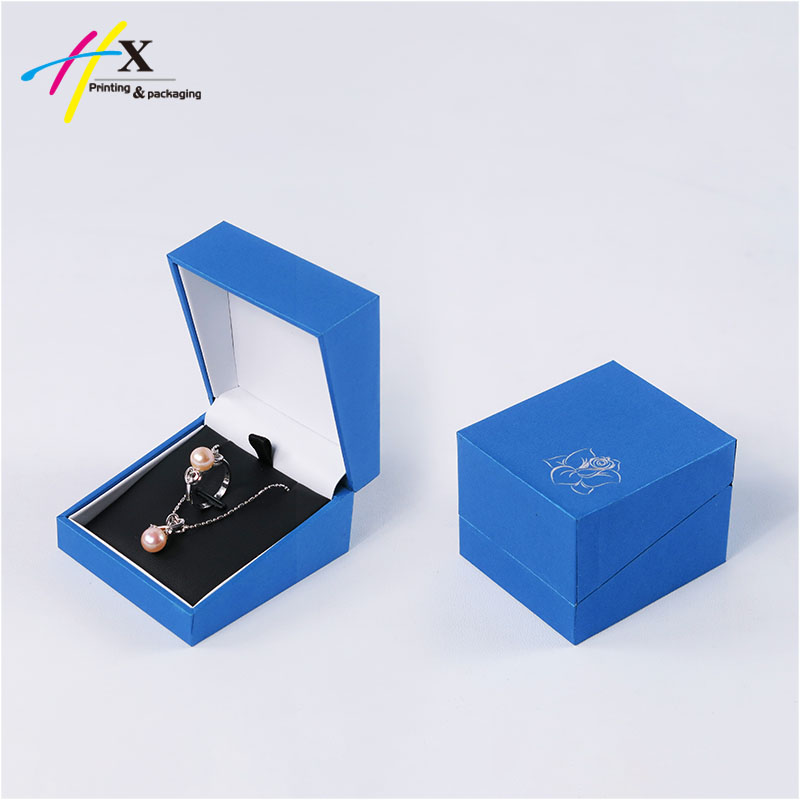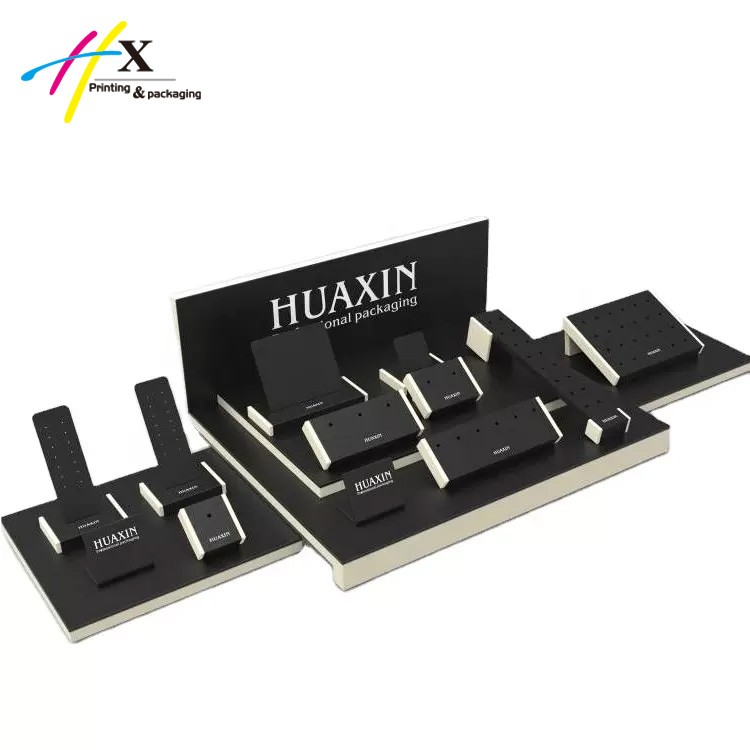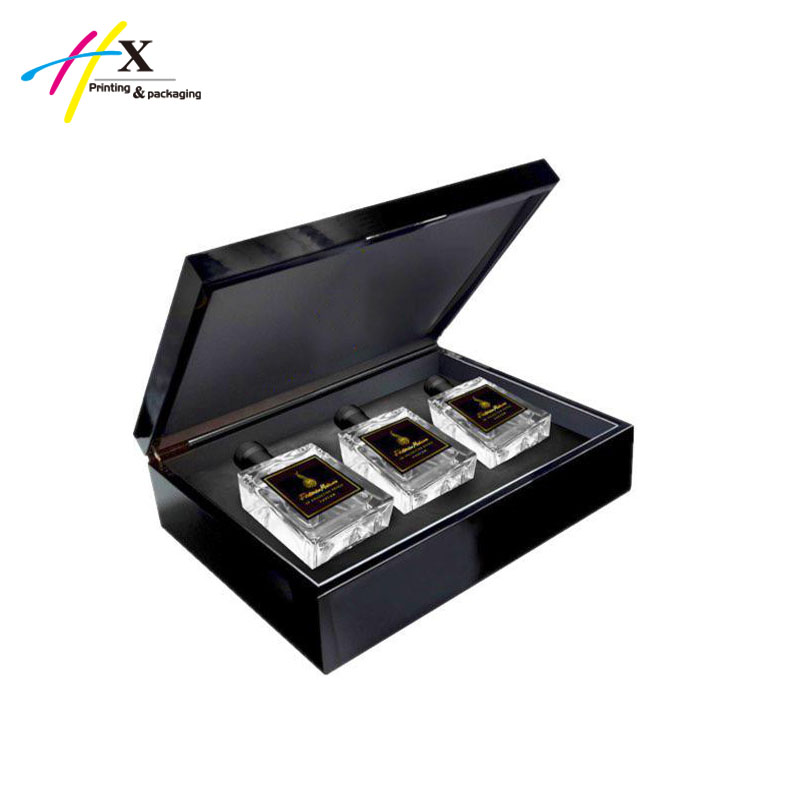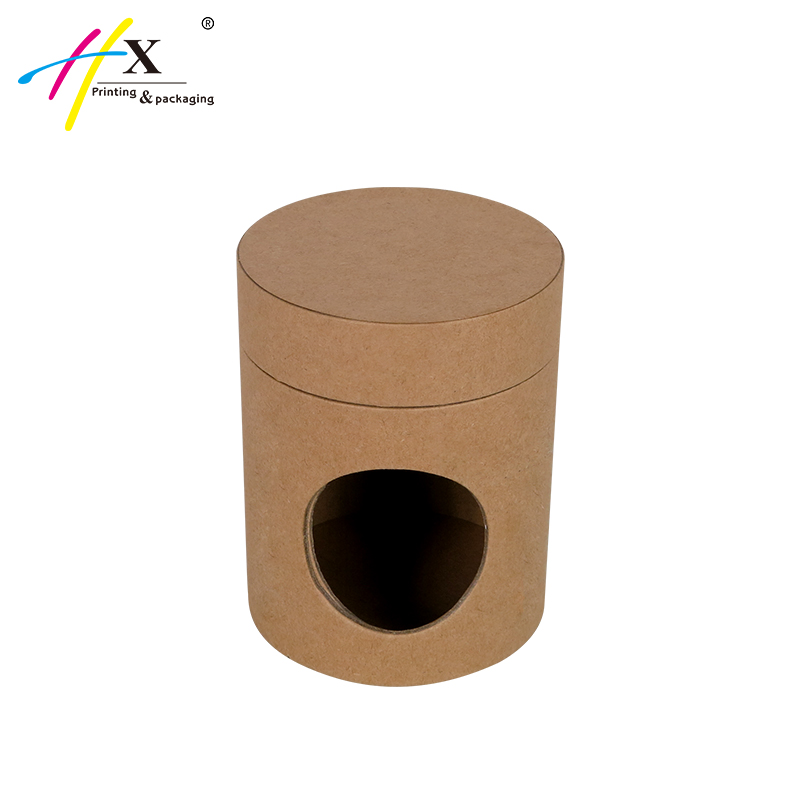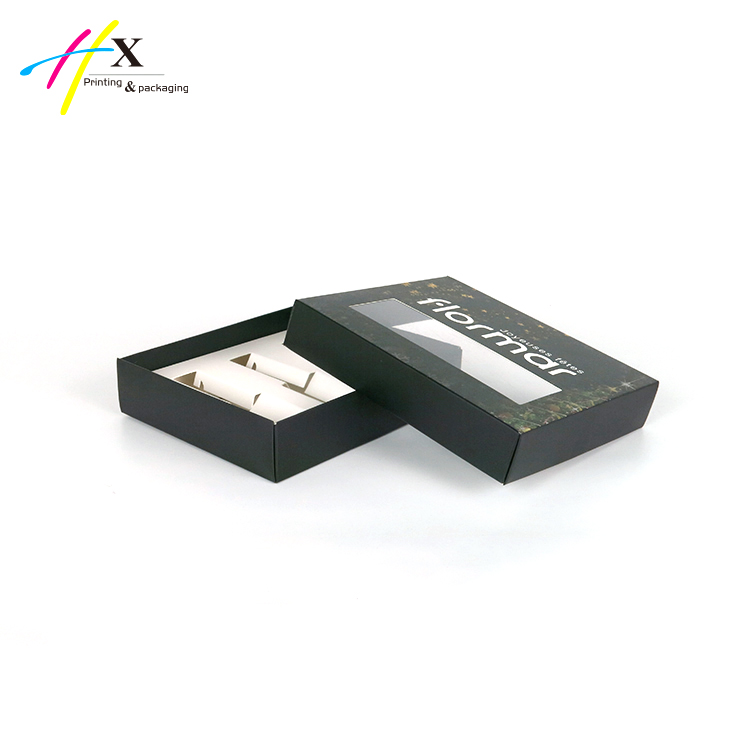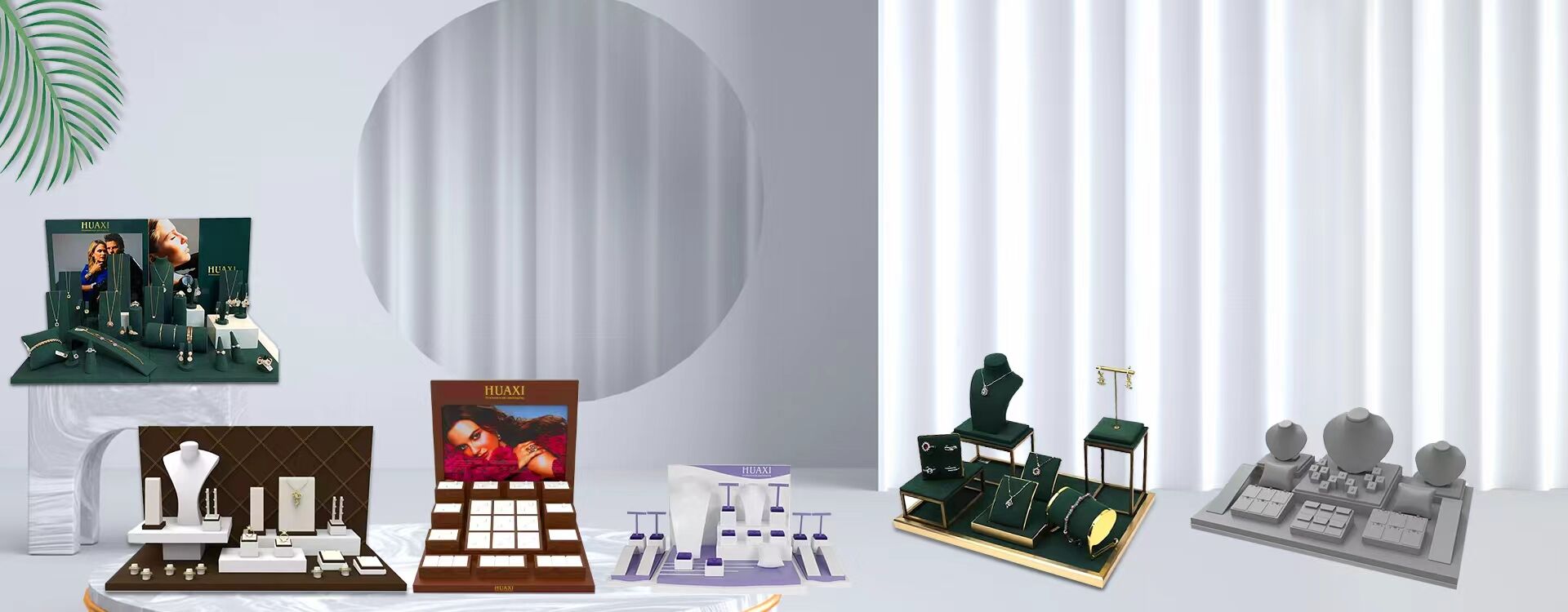Custom jewelry display - A Comprehensive Guide
Introduction
In the world of jewelry retail and exhibitions, presentation is everything. A well-designed custom jewelry display can elevate the perceived value of jewelry, attract customers, and enhance brand identity. Whether for a boutique, trade show, or online store, a thoughtfully crafted display can make a significant difference in sales and customer engagement.
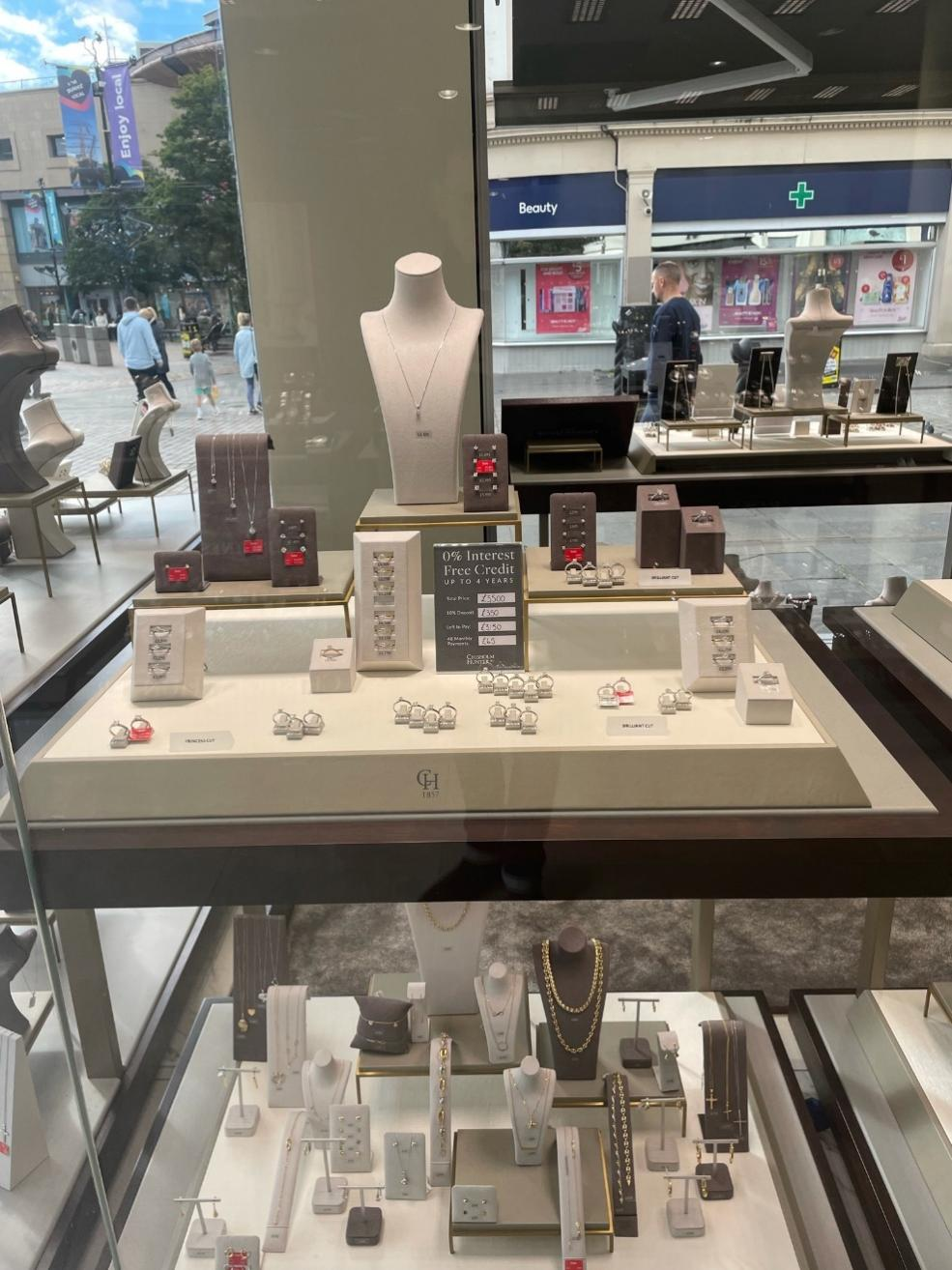
This guide explores the importance of custom jewelry displays, the different types available, materials used, design considerations, and how businesses can benefit from investing in bespoke display solutions.
1.The Importance of Custom Jewelry Displays
1.1 Enhances Visual Appeal & Attracts Customers
A well-designed display highlights the beauty, craftsmanship, and details of each piece.
Eye-catching arrangements (using lighting, props, and layouts) draw customers in and encourage engagement.
1.2 Creates a Premium Shopping Experience
Luxury jewelry requires an elegant presentation to reflect its value.
Thoughtful displays (e.g., velvet trays, glass cases, LED lighting) elevate perceived quality and justify higher price points.
1.3 Influences Purchasing Decisions
Organized, aesthetically pleasing displays make it easier for customers to browse and imagine owning the pieces.
Strategic placement (e.g., best-sellers at eye level, thematic groupings) can guide buying behavior.
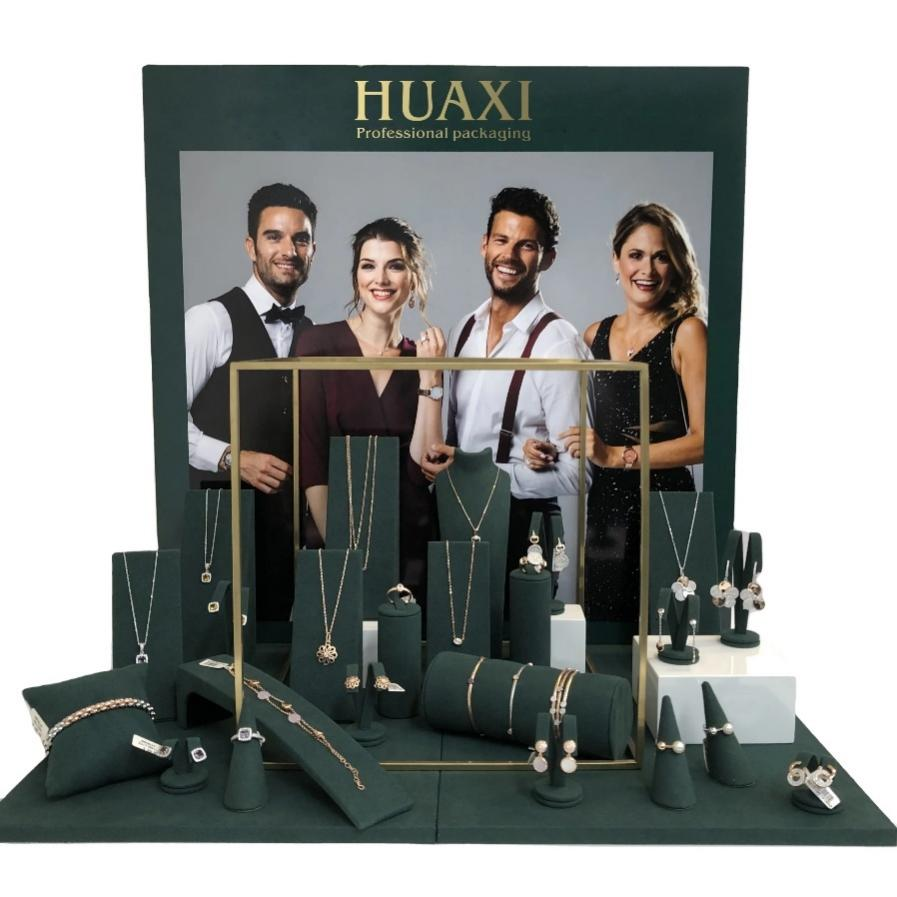
1.4 Strengthens Brand Identity
Consistent styling (colors, materials, themes) reinforces brand recognition.
Displays can tell a story (e.g., vintage, minimalist, or avant-garde) that aligns with the brand’s image.
1.5 Maximizes Space & Inventory Visibility
Clever displays ensure all pieces are visible without overcrowding.
Rotating featured items keeps the presentation fresh and encourages repeat visits.
1.6 Security & Protection
High-value jewelry requires secure cases with locks and anti-theft measures.
Proper displays prevent damage (e.g., padded stands, dust-free enclosures).
1.7 Boosts Sales & Upselling Opportunities
Photogenic displays enhance e-commerce listings and social media content.
Instagrammable setups attract online shoppers and influencer collaborations.
2.Types of Custom Jewelry Displays
2.1 Countertop jewelry display
A countertop jewelry display is a compact, eye-catching way to showcase pieces in retail stores, trade shows, or even boutique shops. Since countertops are often the first point of contact with customers, an effective display can drive impulse buys and highlight featured collections.
2.1.1 Display Trays & Pads
-Velvet-lined trays: Luxurious feel for rings, earrings, and bracelets.
-Acrylic risers: Tiered displays to create depth and visibility.
-Mirror bases: Adds sparkle and reflects light.
2.1.2 Spinners & Rotating Displays
-Great for earrings, pendants, or charm bracelets.
-Allows customers to browse without touching.
2.1.3 Busts & Ring Holders
-Necklace busts: Showcase pendants at eye level.
-Ring cones/finger stands: Helps customers visualize fit.

2.1.4 Thematic & Seasonal Displays
Miniature setups (e.g., a beach theme for summer jewelry).
Holiday-themed trays (e.g., red velvet for Valentine’s Day).
2.1.5 Digital & Interactive Displays
Tabletop tablets: Show product videos or customization options.
LED-lit cases: Enhances gemstone brilliance.
2.2 Wall-mounted jewelry display
A wall-mounted jewelry display is an excellent space-saving solution that enhances visual appeal while keeping jewelry organized and secure. It’s ideal for retail stores, boutiques, trade shows, or even home organization. Below are key insights and design ideas based on industry trends and best practices
2.2.1 Slatwall Panels (MDF or Acrylic) – Modular systems with hooks/shelves for adjustable layouts, often used in retail for versatility.
2.2.2 Framed Shadow Boxes – Elegant for delicate pieces like rings or earrings, with velvet backing for a luxurious feel.
2.2.3 Floating Shelves with Integrated Hooks – Minimalist design for necklaces and bracelets, allowing pieces to hang freely.
2.2.4 Glass-Covered Display Cases – Secure and dust-proof, often backlit to highlight gemstones.
2.2.5 Grid Panels with Pegs – Industrial-chic style, perfect for bohemian or modern stores (e.g., for hanging chains or charms)
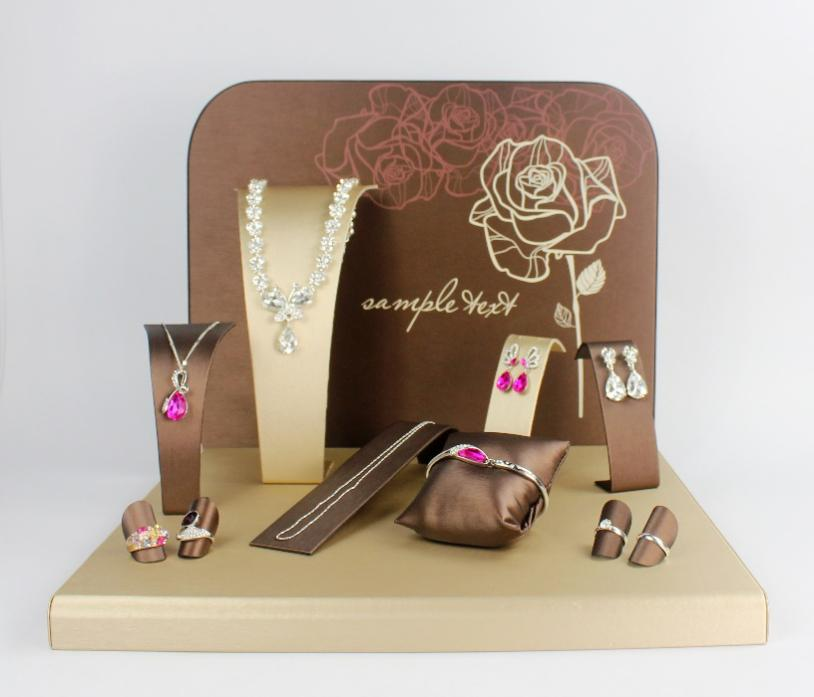
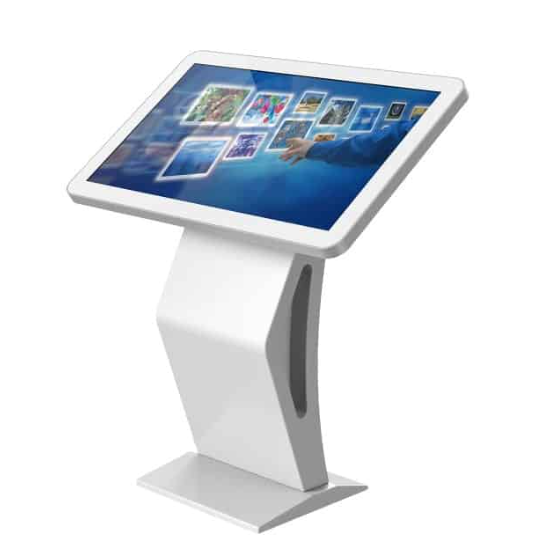
2.3 Free-standing jewelry display
A free-standing jewelry display is a versatile, movable showcase that allows retailers to highlight jewelry collections anywhere in a store, trade show, or boutique. Unlike wall-mounted or countertop displays, these units don’t rely on existing fixtures, offering flexibility in placement and design.
2.3.1 Floor Displays & Towers
Rotating Carousels: 360° visibility for earrings, rings, or pendants.
Tiered Towers: Multi-level acrylic or metal stands for organized viewing.
Kiosk-Style Disalls: Larger units with built-in lighting and locking cases (common in malls).
2.3.2 Tabletop Stands & Mini Displays
Acrylic Risers: Elevate pieces for better visibility on tables.
Countertop Spinners: Interactive rotating displays for small items.
Velvet-Lined Trays: Portable and elegant for trade shows.
2.3.3 Mannequin & Bust Displays
Full-Body Mannequins: Showcase necklaces, bracelets, and full sets.
Hand/Wrist Displays: Highlight rings and bracelets in a natural pose.
2.3.4 Modular & Customizable Units
Slatwall Panels on Stands: Adjustable hooks/shelves for flexible styling.
LED-Lit Showcases: Freestanding glass cabinets for luxury pieces.
2.4 Themed & Interactive Jewelry Displays
Jewelry displays that incorporate themes and interactive elements create immersive shopping experiences, boost customer engagement, and reinforce brand storytelling. Whether for retail stores, trade shows, or pop-up events, these displays make jewelry more memorable and enticing.
Luxury Velvet-Lined Cases: Exudes elegance for premium collections.
Digital Touchscreen Displays: Allows customers to browse collections digitally.
Magnetic & Floating Displays: Creates a modern, minimalist look.
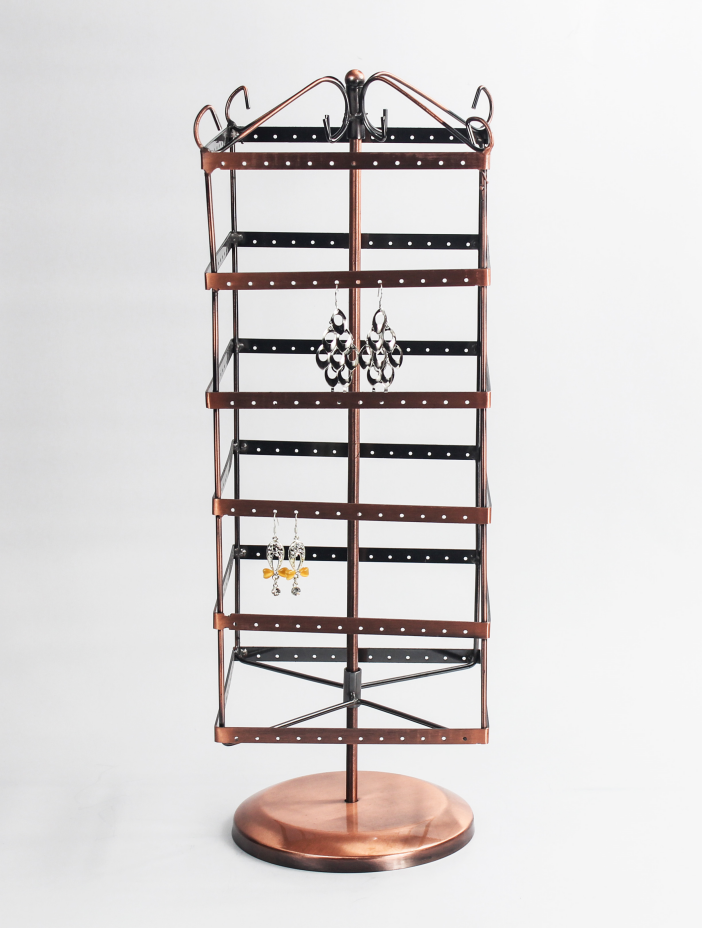
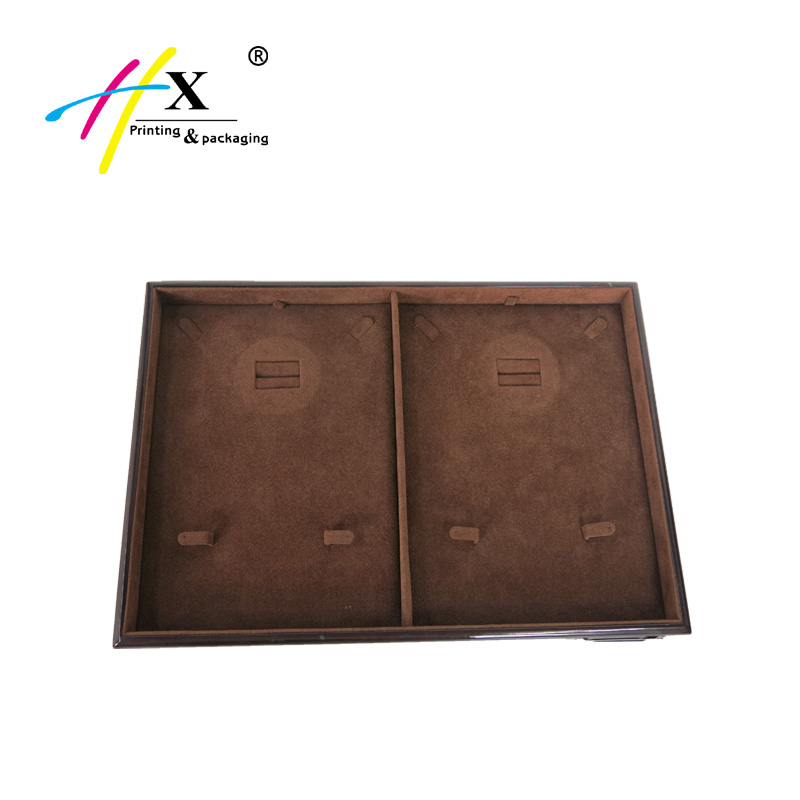
2.5 Travel & Trade Show Displays
2.5.1 Lightweight & Modular Displays
Collapsible Acrylic Towers: Tiered stands for rings/earrings, easy to pack and reassemble (ideal for frequent travel).
Slatwall Panels with Pegs: Adjustable hooks for necklaces/chains; fit into compact cases (used at Hong Kong’s Brand Essence Gallery)
Foldable Fabric Backdrops: Thematic prints (e.g., Enchanted Forest for gemstones) with Velcro-attached shelves
2.5.2 Secure & Travel-Friendly Cases
Hard-Shell Flight Cases: Custom foam inserts protect high-value pieces; lockable for security.
LED-Lit Countertop Cases: Battery-operated for venues without power access; showcase diamonds/gemstones
2.5.3 Interactive Elements
AR Try-On Mirrors: Virtual jewelry trials (like Burberry’s tech) to attract crowds.
Rotating Displays: Carousels for pendants/bracelets let buyers explore without handing
QR Code Tags: Link to product videos or artisan stories.
3. Materials Used in Custom Jewelry Displays
3.1 Wood
3.1.1 Why to use wood material for jewelry display
Wood is a timeless and versatile material that enhances jewelry presentation while aligning with brand aesthetics. Here’s why it’s a top choice for displays in stores, trade shows, and boutiques
Natural Elegance & Warmth
Durability & Longevity
Customization & Craftsmanship
Sustainability & Eco-Friendliness
Versatility in Design
Adapts to Themes
Cost-Effectiveness
Psychological Impact on Shoppers
3.1.2 Best wood type for jewelry displays
|
Wood type |
Appearance |
Best for |
|
Walnut |
Rich, dark brown |
Luxury/high-end jewelry |
|
Oak |
Light, natural grain |
Classic/ vintage styles |
|
Bamboo |
Light, eco-friendly |
Sustainable brands |
|
Pine |
Soft, pale wood |
Budget- friendly displays |
|
Reclaimed wood |
Distressed, unique |
Artisanal/ rustic looks |
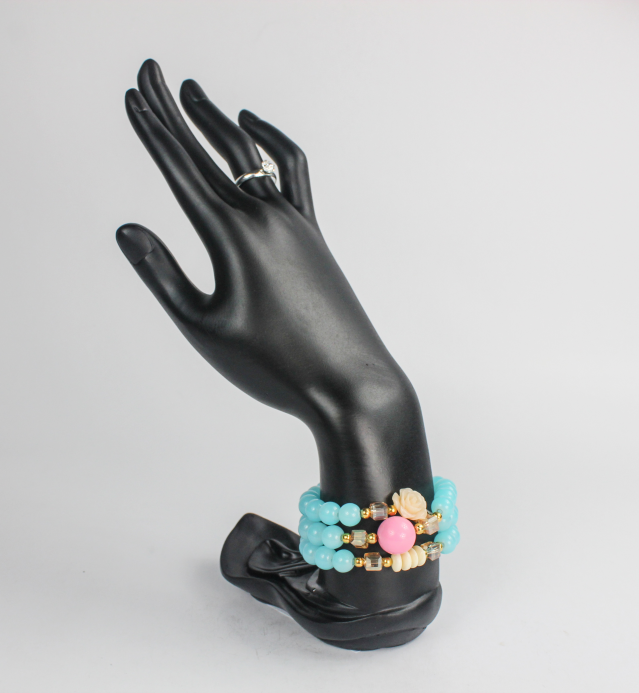
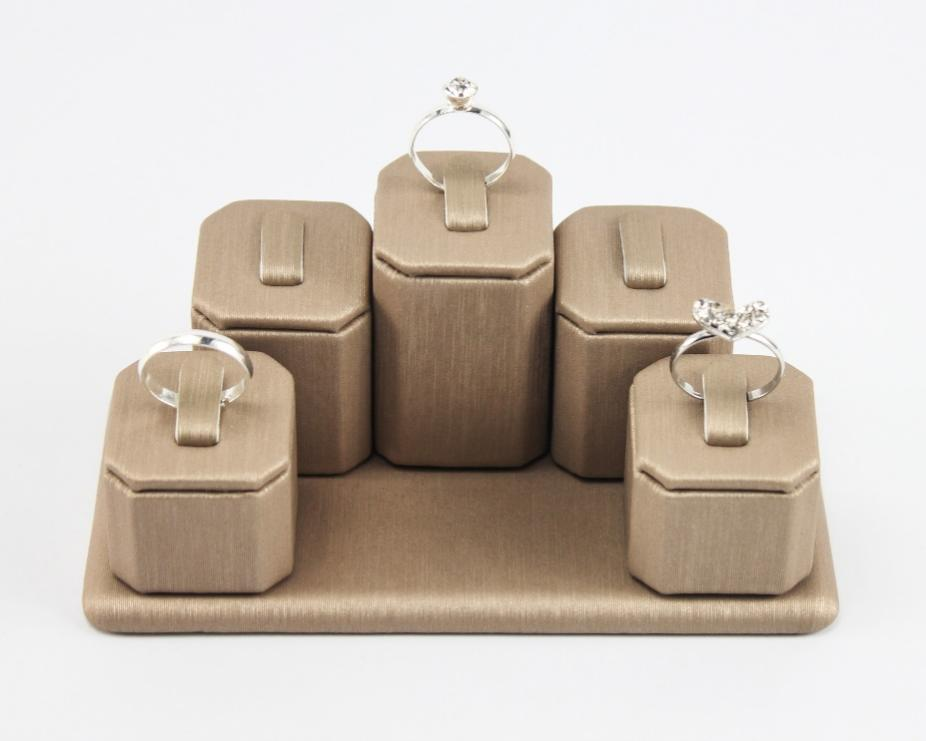
3.2 Acrylic
Acrylic is a popular material for jewelry displays due to its unique combination of aesthetic, functional, and economic benefits, is the best all-around choice for jewelry displays because it combines luxury, durability, and affordability while keeping the focus on the jewelry itself.
Transparency & Clarity
Lightweight & Durable
Versatility in Design
Cost-Effective
Enhances Visual Appeal
Easy to Maintain
Customizable for Branding
3.3 Glass
Glass is a classic and elegant choice for jewelry displays, offering unique advantages that acrylic and other materials can't fully replicate. Here’s why glass is still widely used in high-end jewelry showcases. Glass remains the gold standard for luxury jewelry displays, offering unmatched elegance and durability—ideal for brands that prioritize prestige over practicality.
Premium & Luxurious Aesthetic
Superior Scratch Resistance
Unmatched Clarity & Light Refraction
Cool-to-Touch Feel
Non-Porous & Hypoallergenic
Heat-Resistant
Timeless & Eco-Friendly
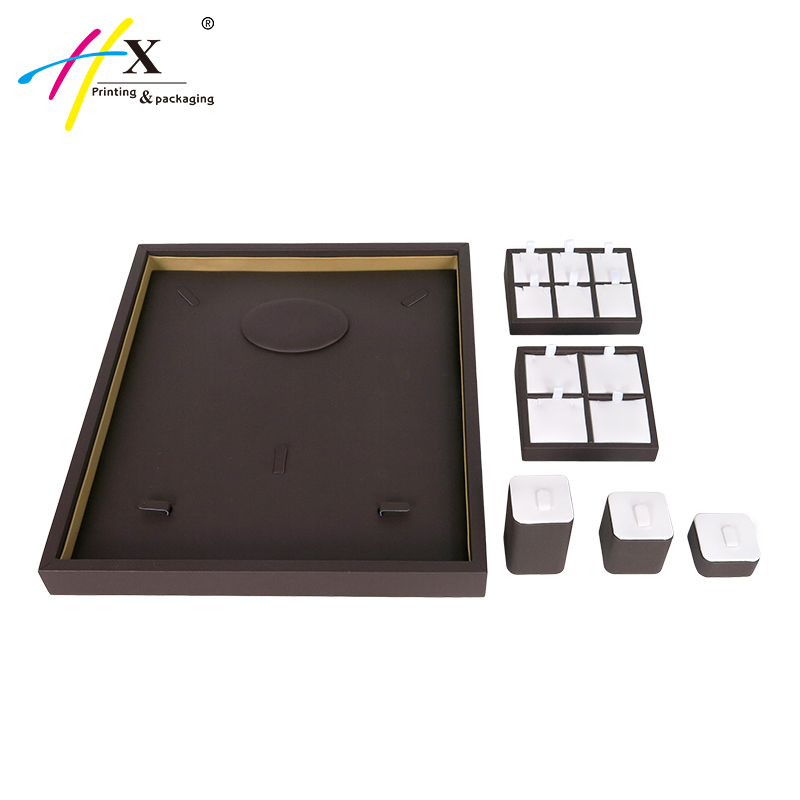
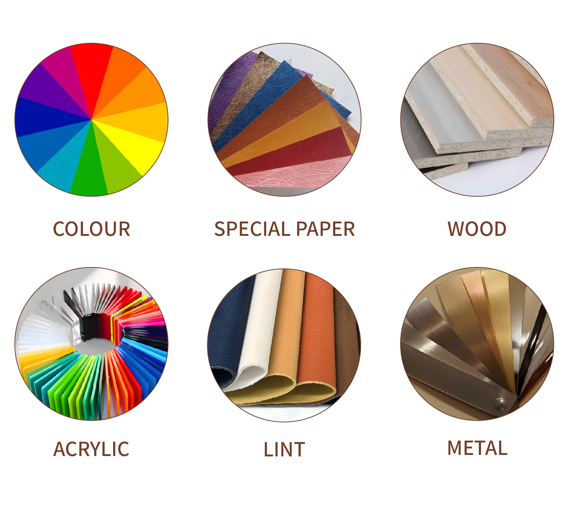
3.4 Metal (Aluminum, Stainless Steel)
Metal is a premium, durable, and stylish choice for jewelry displays, offering a blend of **luxury, strength, and versatility** that complements high-end and artisanal jewelry.
Elegant & High-End Appeal
Exceptional Durability
Versatile Design Options
Stability & Weight
Hypoallergenic & Safe for Jewelry
Magnetic & Functional Features
Ideal for Lighting Integration
3.5 Velvet, Leather and microfiber.
Each of these premium materials enhances jewelry presentation while offering unique functional benefits.
3.5.1 Velvet: The Epitome of Elegance
Why it shines:
Luxury Appeal: The plush, luminous surface makes diamonds and metals look richer (used by Cartier, Harry Winston).
Jewelry Protection: Soft fibers prevent scratches on gold, silver, and delicate gemstones.
Anti-Slip Grip: Holds rings and bracelets securely in place (no rolling off displays).
Light Reflection: Deep colors (navy, emerald, black) create contrast to highlight sparkle.
3.5.2 Leather: Timeless & Masculine Sophistication
Why it stands out:
Durable Luxury: Full-grain leather ages beautifully, conveying heritage (Tiffany, Montblanc use it for watch rolls).
Structured Support: Firm yet soft—ideal for holding watches, cufflinks, or chunky bracelets without sagging.
Professional Aesthetic: Matte finishes suit men’s jewelry; embossed logos add branded prestige.
Travel-Friendly: Leather cases protect against moisture and tarnish during transport.
3.5.3 Microfiber: The Practical Luxury Choice
Why it’s underrated:
Ultra-Gentle: Even softer than velvet, with non-abrasive fibers (safe for polished metals and pearls).
Stain-Resistant: Repels oils and moisture better than velvet, easier to clean.
Lightweight & Versatile: Often used as lining in modern acrylic displays or travel pouches.
Anti-Tarnish: Some treated microfibers inhibit oxidation of silver jewelry.
4. Design Considerations for Custom Jewelry Displays
4.1 Understanding the Target Audience
Luxury Buyers: Prefer high-end materials like velvet and glass.
Younger Consumers: May appreciate modern, interactive displays.
4.2 Brand Consistency
Colors, logos, and design elements should align with the brand’s identity.
4.3 Functionality & Accessibility
Displays should allow easy access for customers while ensuring security.
4.4 Lighting & Visibility
Proper lighting (LED, spotlights) enhances jewelry brilliance.
4.5 Space Optimization
Modular designs work well for small boutiques, while large showcases suit flagship stores.
4.6 Sustainability
Eco-friendly materials (bamboo, recycled acrylic) appeal to environmentally conscious buyers.
5. Benefits of Investing in Custom Jewelry Displays
5.1 Increased Sales & Customer Engagement
Attractive displays encourage longer browsing times and impulse purchases.
5.2 Competitive Advantage
Unique displays differentiate a brand from competitors.
5.3 Long-Term Cost Efficiency
High-quality custom displays last longer than generic ones.
5.4 Flexibility & Adaptability
Custom solutions can evolve with new collections and trends.
5.5 Enhanced Perceived Value
Luxury displays make jewelry appear more valuable.
6.1 Experience in Jewelry Displays
Look for manufacturers specializing in jewelry retail solutions.
6.2 Material Quality & Craftsmanship.
Ensure durability and aesthetic appeal.
6.3 Customization Options**
Can they accommodate unique branding requests?
6.4 Budget & Turnaround Time
Balance cost with quality and production speed.
6.5 Reviews & Portfolio
Check past projects to assess reliability.
7. Future Trends in Jewelry Displays
Smart Displays with AR/VR Integration – Virtual try-ons.
Sustainable & Recyclable Materials – Eco-conscious designs.
Minimalist & Modular Designs – Adaptable for small spaces.
Interactive Digital Kiosks – Enhancing customer experience.
Conclusion
A custom jewelry display is more than just a functional item—it’s a marketing tool, a brand ambassador, and a sales enhancer. By investing in high-quality, tailored displays, jewelry businesses can create unforgettable shopping experiences, boost sales, and stand out in a competitive market. Whether for a small boutique or a luxury brand, the right display can transform how customers perceive and interact with jewelry.
By understanding design principles, material choices, and emerging trends, retailers can make informed decisions that align with their brand vision and customer expectations. The future of jewelry displays is evolving, and those who embrace innovation will lead the industry.
Would you like recommendations for specific display styles based on your jewelry collection? Let’s create a stunning showcase for your brand!



